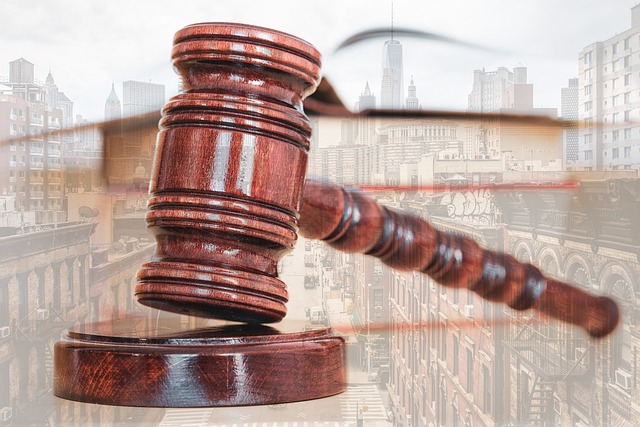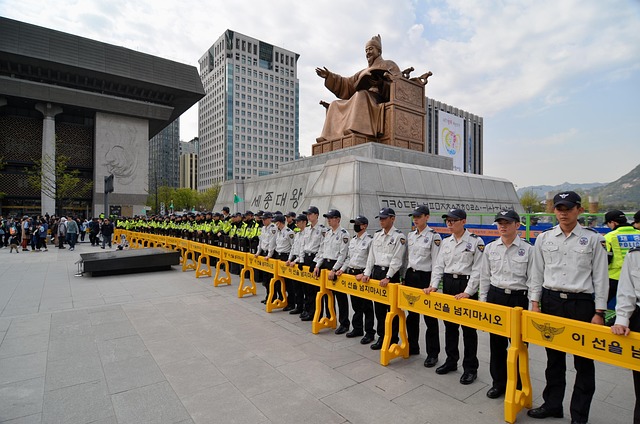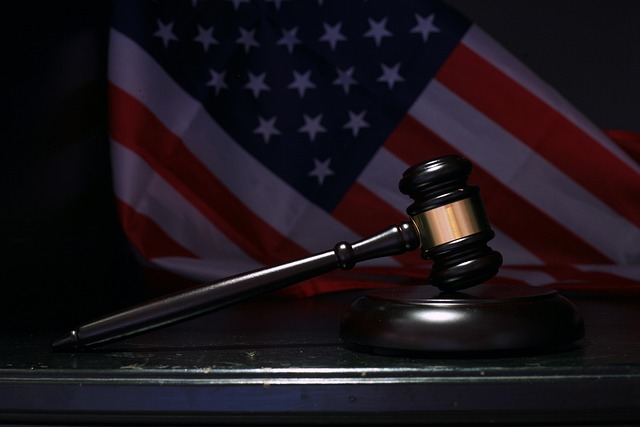Plea negotiations significantly shape the results of consumer protection trials by offering a strategic pathway for resolving cases outside of court. These discussions, facilitated by legal representatives, can lead to charges being dropped entirely or penalties reduced, benefiting both consumers and businesses. The process requires balancing client interests with achieving a favorable resolution based on case merits, deterring future misconduct, and securing compensation. Effective plea agreements enhance public trust in the legal system while controversial deals may undermine it. Key to successful negotiations are open dialogue, clear objectives, and understanding legal complexities.
Consumer protection suits are a crucial legal mechanism safeguarding individuals from unfair business practices. This article delves into the intricate world of these lawsuits, focusing on plea negotiations as a key settlement strategy. We explore how plea bargaining can significantly influence trial outcomes and public trust. From understanding the legal perspective to analyzing case studies, this guide offers valuable insights into the art of effective plea negotiation in civil cases, highlighting both successful strategies and potential pitfalls.
- Understanding Consumer Protection Suits: A Legal Perspective
- The Role of Plea Negotiations in Settlement Agreements
- Strategies for Effective Plea Bargaining in Civil Cases
- Analyzing the Impact on Trial Outcomes and Public Trust
- Case Studies: When Plea Negotiations Go Wrong and Right
Understanding Consumer Protection Suits: A Legal Perspective

Consumer Protection Suits, from a legal standpoint, are a crucial mechanism to safeguard the rights of individuals in their interactions with businesses. These cases encompass a wide range of issues, from unfair business practices to product liability and misleading advertising. Understanding the dynamics of these suits is essential, particularly when it comes to plea negotiations. Negotiations play a pivotal role in shaping trial outcomes, offering both potential benefits and challenges for all parties involved.
A successful plea negotiation can lead to achieving extraordinary results, such as complete dismissal of all charges or significant reductions in penalties. However, the process requires strategic considerations throughout all stages of the investigative and enforcement process. Lawyers must adeptly navigate these negotiations, ensuring their clients’ interests are protected while aiming for a favorable resolution that reflects the merits of the case.
The Role of Plea Negotiations in Settlement Agreements

Plea negotiations play a pivotal role in consumer protection suits, shaping the eventual settlement agreements. This strategic process involves discussions between the plaintiff and defendant, facilitated by legal representatives, to reach an amicable resolution without proceeding to trial. During these negotiations, both parties present their arguments, with the consumer protection lawyer aiming for a favorable outcome that ensures justice and compensates victims for their losses.
Understanding how plea negotiations affect trial outcomes is crucial. A well-negotiated settlement can result in a complete dismissal of all charges against the respective business, averting potential damaging publicity and legal costs. Alternatively, it might secure winning challenging defense verdicts, providing consumers with substantial reparations for their plight. This process demands skill, persistence, and a deep understanding of consumer rights, ultimately shaping the trajectory of cases and ensuring businesses are held accountable for their actions.
Strategies for Effective Plea Bargaining in Civil Cases

Effective plea bargaining is a strategic art that significantly influences the trajectory of civil cases. It involves careful negotiations between plaintiffs and defendants, aiming to reach an agreement that satisfies both parties and ultimately streamlines the legal process. In consumer protection suits, where the goal is often to deter future misconduct and secure compensation for harmed consumers, skilled attorneys can leverage plea bargaining as a powerful tool.
By engaging in open dialogue and presenting compelling arguments, legal teams can advocate for favorable outcomes. This may include negotiating settlements that result in complete dismissal of all charges against the respective business, ensuring both financial accountability and a chance at rebuilding trust with its customers. The key lies in balancing the pursuit of justice with practical considerations, allowing for mutually beneficial agreements that reflect the merits of each case.
Analyzing the Impact on Trial Outcomes and Public Trust

The outcome of consumer protection suits significantly hinges on how plea negotiations unfold. These negotiations play a pivotal role in shaping the trajectory of trials, impacting both the legal strategy for all parties involved and public perception. When defendants opt for plea agreements, it can lead to a shift in trial dynamics, potentially influencing the decision-making process for juries or judges. This strategic move might result in reduced sentences or fines, which could, in turn, affect the plaintiff’s compensation and overall justice served.
Understanding How Plea Negotiations Affect Trial Outcomes is crucial, especially when considering the broader implications for public trust. In the context of general criminal defense, white-collar cases, and even matters involving philanthropic and political communities, plea bargains can either strengthen or weaken faith in the legal system. Effective negotiations that lead to reasonable resolutions can foster a sense of fairness, encouraging cooperation and transparent practices. Conversely, controversial plea deals may raise questions about potential biases and undermine public confidence in the judiciary’s ability to uphold consumer rights and protect the vulnerable.
Case Studies: When Plea Negotiations Go Wrong and Right

In consumer protection suits, plea negotiations play a pivotal role in shaping trial outcomes. When done right, these negotiations can lead to achieving extraordinary results for both plaintiffs and defendants. For instance, settling early through mutually agreeable terms not only saves time and legal fees but also helps preserve relationships, which is crucial for future collaborations. This strategic approach ensures that all stages of the investigative and enforcement process are navigated efficiently, allowing for swift resolution without undue harm to any party involved.
Conversely, when plea negotiations go wrong, it can have detrimental effects on trial outcomes. Miscommunications, unrealistic expectations, or a lack of understanding of legal complexities can lead to unfavorable agreements. In such cases, defendants might face indictment or harsher penalties than anticipated. However, learning from these mistakes is vital, as successful negotiations depend on open dialogue, clear objectives, and an accurate assessment of the case’s merits. This ensures that every step taken contributes to a fair and just resolution.
Consumer protection suits play a pivotal role in safeguarding individuals from unfair business practices. By examining the intricacies of plea negotiations, this article has highlighted their significant impact on trial outcomes and public trust. Understanding the strategies for effective bargaining and the potential pitfalls through case studies equips legal professionals with valuable insights. Ultimately, recognizing how plea negotiations shape legal proceedings is essential for achieving just settlements that uphold consumer rights.






